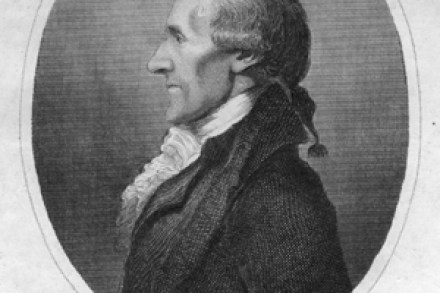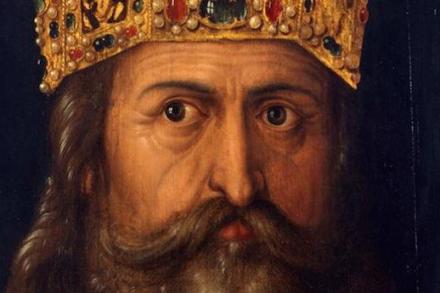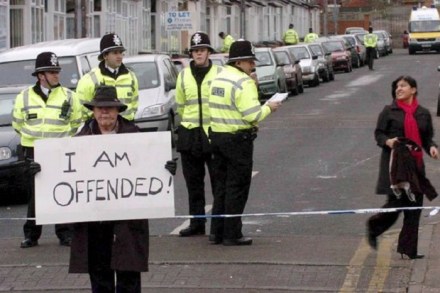The starchy, conservative lawyer who freed every slave in England
Americans make movies about slavery and its abolition. In the past two years we’ve seen the Oscar-winning Twelve Years a Slave, based on a 19th-century slave narrative, and Django Unchained, with Christoph Waltz as a bounty-hunter who, uniquely among bounty-hunters of the period, did not make his living from capturing fugitive slaves. Spielberg’s Lincoln was about the Great Emancipator himself, as was the less historically rigorous Abraham Lincoln: Vampire Hunter. But the abolition of slavery in England has never received the same attention. Perhaps it is because abolition here came not through blood and glory, but through the common law; or perhaps because emancipation does not frame constitutional debates here




















